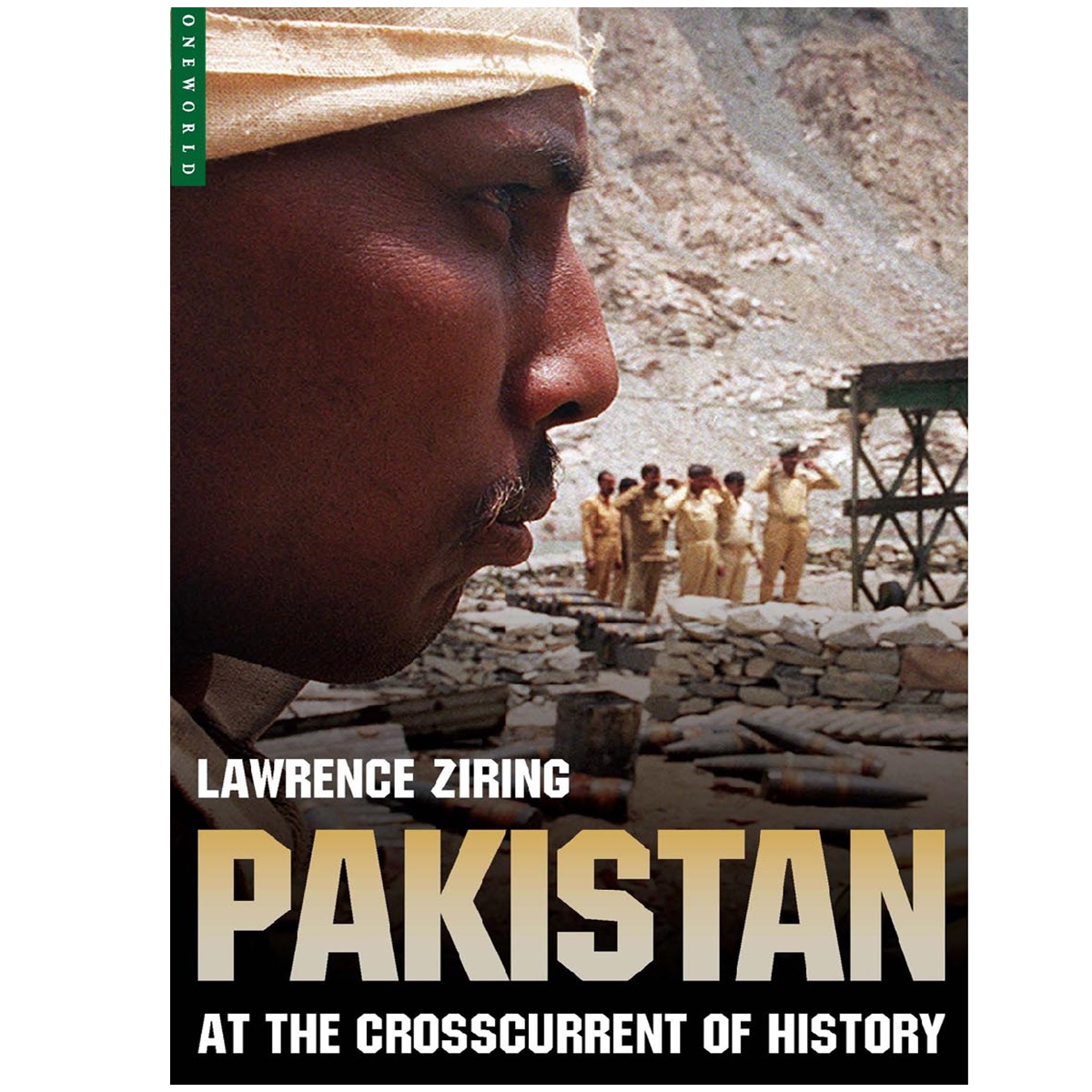Description
Pakistan at the Crosscurrent of History By Lawrence Ziring. Pakistan: At the Crosscurrent of History was completed approximately six years after the publication of my Golden Jubilee volume Pakistan in the Twentieth Century, published by Oxford University Press in 1997. This smaller volume traces many of the events described in that earlier work, but the focus of Pakistan in the Twentieth Century did not anticipate the ongoing impact on Pakistan’s overall development of its venture into Afghanistan well after the last Soviet soldier departed from the neighboring mountain state.
When that more detailed history was nearing completion the Taliban had not yet occupied Kabul and therefore it was not yet clear what their role would be in that troubled country, let alone what Pakistani leaders, notably in the army, intended to accomplish by their intimate association with militant Islamic students. Pakistan at the Crosscurrent of History By Lawrence Ziring
Also not clarified at the time was the role to be played by the non-Afghan Muslims (especially Arabs) and thousands of Pakistani volunteers who had filtered back into Afghanistan following the Red Army withdrawal. The latter’s assistance in the consolidation of Taliban gains as well as in transforming the country from a loosely knit and conflicted tribal order into a centralized Islamic emirate could not have been foreseen. Nor was it possible to predict Osama bin Laden’s return to Afghanistan in 1996, or, for that matter, the extent to which Taliban and bin Laden’s al-Qaeda intertwined. Pakistan’s continuing role in Afghanistan was expressed. Pakistan at the Crosscurrent of History By Lawrence Ziring.
Islamabad’s security interests, but here again it was not yet public information the extent to which Pakistan, the Taliban, and al-Qaeda, had overlapping interests. Also not realized at the time was the shift in the importance given to Pakistan’s Islamist organizations, how they related to Muslim movements elsewhere, or how they became central to Pakistan’s political experience. Since they were never successful at the polls, it was only later that one could argue that the real power of the Islamists did not turn on success or failure in the electoral process.
Download Now








Reviews
There are no reviews yet.